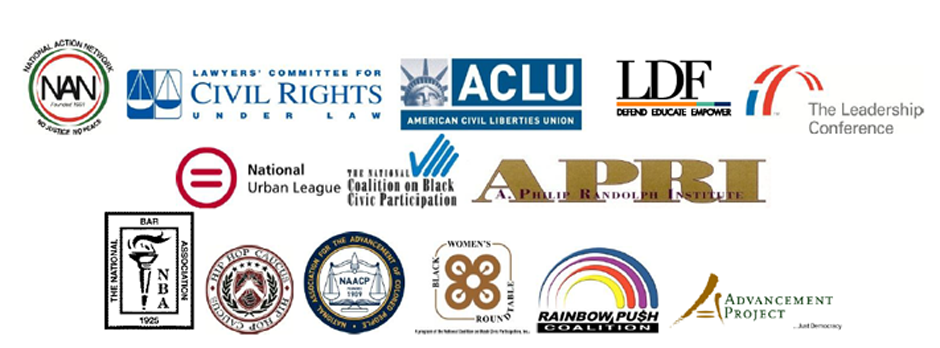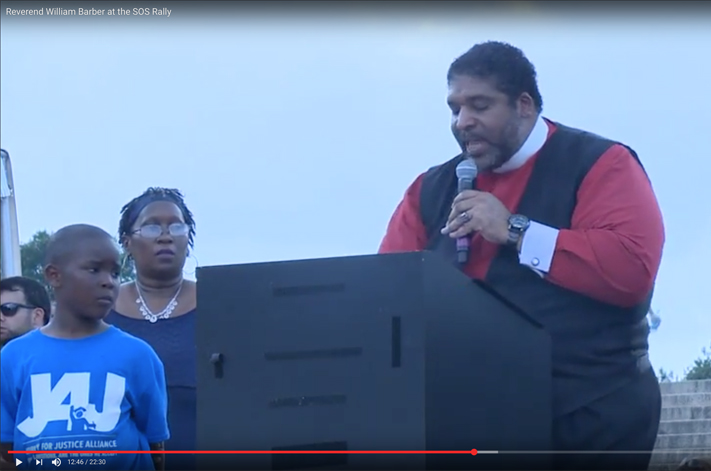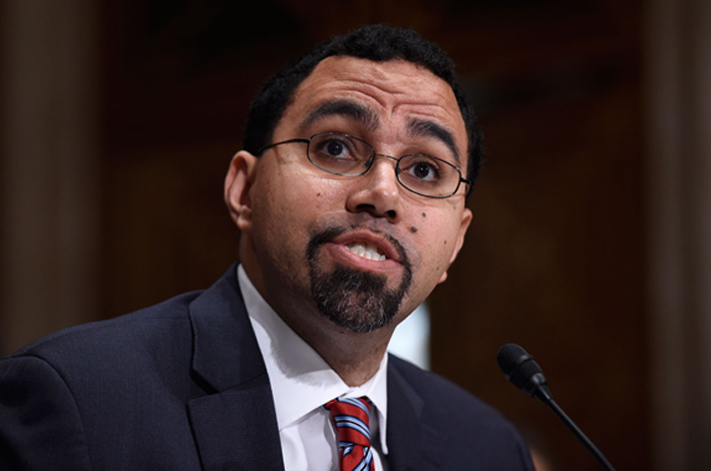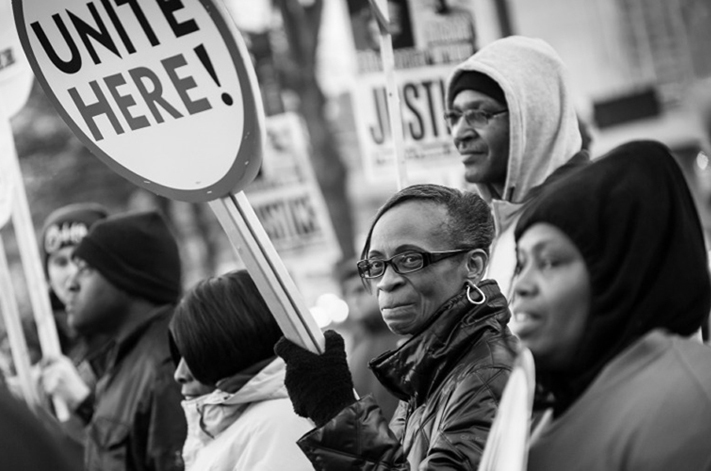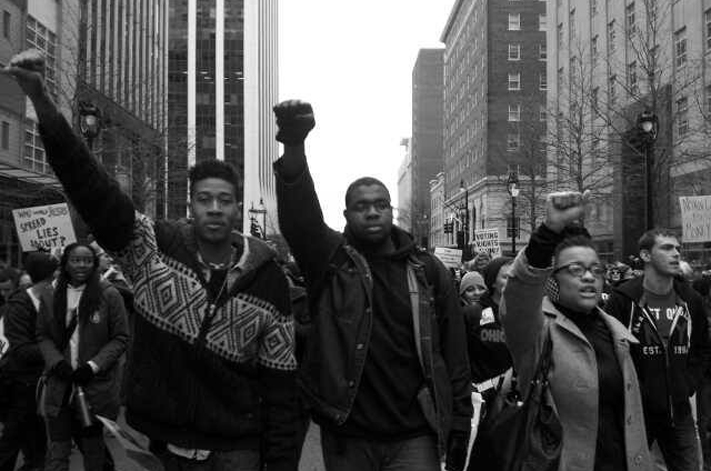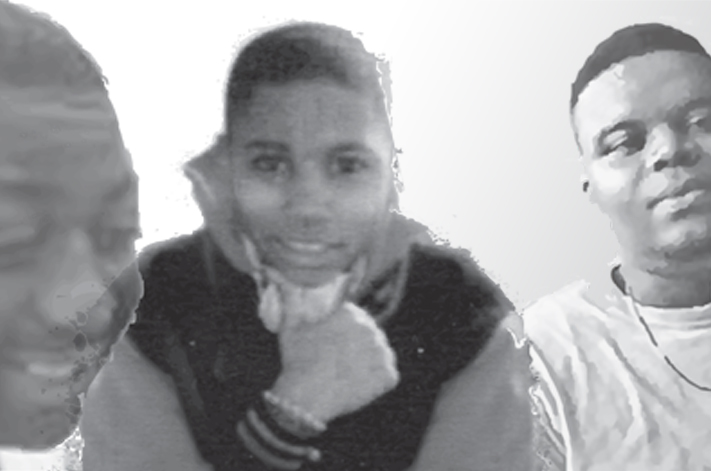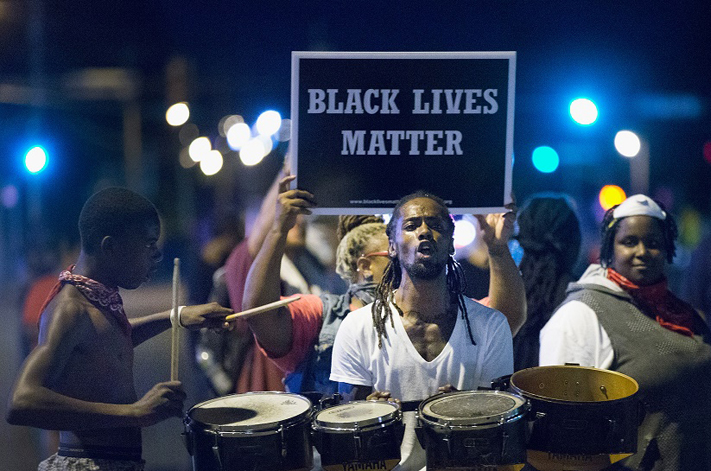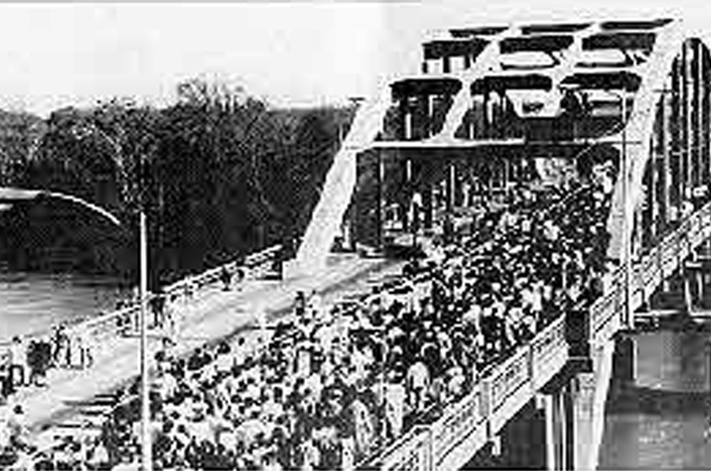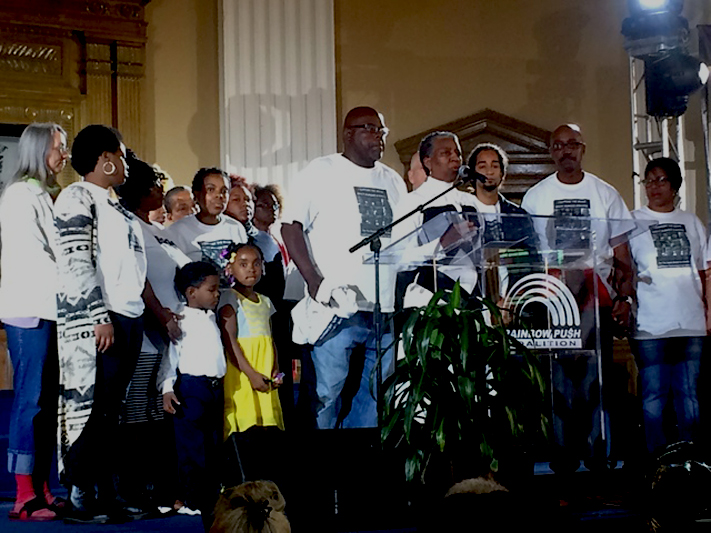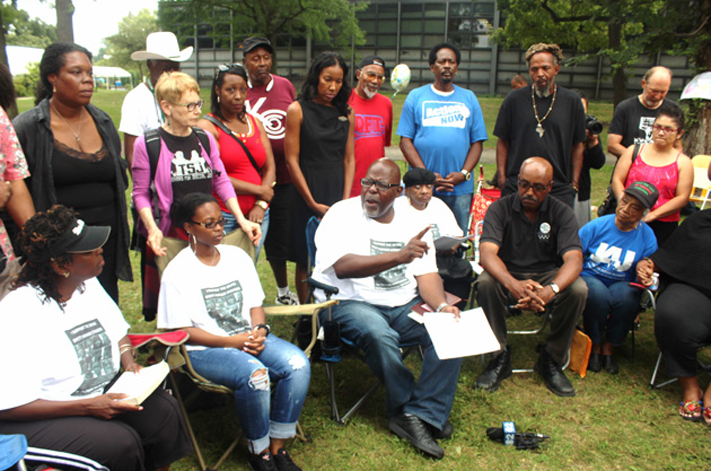Project Description
Be Involved – Take Action
To add your name and/or organization to the list of signatories on this unified call for justice, please enter your information through the 'Please Sign' link.
As national civil and human rights organizations and leaders committed to the protection of the rights of African Americans and all Americans, we come together as a unified collective to urgently impress upon elected officials, law enforcement, the legal profession, businesses and all those in this nation interested in social justice, that we must not allow the killing of Michael Brown and other unarmed individuals across this nation to be in vain. As organizational leaders we represent millions across this country who are, as the old saying goes – “sick and tired of being sick and tired.”
As we all mourn the loss of Michael Brown and remain steadfast in our unyielding support for his mother and father who have suffered a loss no parent should endure, we also continue to call upon the community at large to make sure that this tragedy results in future systemic change to prevent similar tragic shootings and the use of excessive force. We commend the actions of President Barack Obama and Attorney General Eric Holder Jr. and other elected officials for their strong stance against the senseless use of deadly force and the militarization of law enforcement in Ferguson, Missouri. We are now extremely concerned with the increasingly unstable situation in Ferguson and encourage more respectful responses from elected officials, along with a permanent restructuring of law enforcement so that it is more reflective of the racial and gender diversity and the overall needs of the community.
Beyond Ferguson, we must similarly demand mutual respect from law enforcement and elected officials toward other affected communities where lives have been tragically lost and endangered.
As we call for immediate and short term remedies to address the challenges in Ferguson, we know that more must be done to prevent future abuses across the nation. Nothing will be resolved until there is systemic change throughout this nation in the implicit and explicit bias against people of color and particularly African American youth who are routinely targeted by law enforcement even within their own communities.
Furthermore, it has not gone unnoticed that the images of militarized law enforcement personnel surrounding peaceful demonstrations in Ferguson are eerily similar to those we equate with the inhumane and racist tactics used against protestors during the Civil Rights movement in the 50’s and 60’s. This sight reminds us that despite the tremendous progress this nation has made in many areas, including the election of the first African American President, we are not and will never realize a post-racial society until we honestly acknowledge, confront and address the systemic structures that maintain the old vestiges of racial segregation and de-humanization in this country, particularly in law enforcement.
With so much to be done, we cannot begin to provide an all-inclusive list, but in an effort to outline a beginning strategy of reform, we are recommending the following:
- An independent and comprehensive federal investigation by the Department of Justice of the fatal shooting of Michael Brown, an unarmed African American teenager shot by police in Ferguson, Missouri,
- A comprehensive federal review and reporting of all police killings, accompanied by immediate action to address the unjustified use of lethal and excessive force by police officers in jurisdictions throughout this country against unarmed people of color,
- A comprehensive federal review and reporting of excessive use of force generally against youth and people of color and the development of national use of force standards,
- A comprehensive federal review and reporting of racially disproportionate policing, examining rates of stops, frisks, searches, and arrests by race, including a federal review of police departments’ data collection practices and capabilities,
- A comprehensive federal review and reporting of police departments’ racial profiling and racially bias practices, as well as any related policies and trainings,
- A final update and release of the Department of Justice’s (DOJ) June 2003 Guidance Regarding the Use of Race by Federal Law Enforcement Agencies (hereinafter “Guidance”), with substantive reforms including updates that would 1) make the Guidance enforceable 2) apply the Guidance to state and local law enforcement who work in partnership with the federal government or receive federal funding; 3) close the loopholes for the border and national security; 4) cover surveillance activities; 5) prohibit profiling based on religion, national origin, and sexual orientation,
- Required racial bias training and guidance against the use of force for state and local law enforcement that receive grants,
- The required use of police officer Body-Worn Cameras (BWC) to record every police-civilian encounter in accordance with and policy requiring civilian notification and applicable laws, including during SWAT deployments, along with rigorous standards regarding the retention, use, access, and disclosure of data captured by such systems,
- The universal use of dash cameras in police vehicles,
- Concrete steps to ensure that federal military weapons do not end up in the hands of local law enforcement and, if they do, to prevent the misuse of those weapons in communities of color,
- On the ground community training to educate residents of their rights when dealing with law enforcement,
- The elimination of the “broken windows” policing policy initiated in the 1980’s which encourages overly aggressive police encounters for minor offenses and the promotion of community-based policing,
- Greater and more effective community oversight over the local law enforcement and policing tactics, and
- The establishment of a law enforcement commission to review policing tactics that would include in its composition leaders/experts from civil rights advocacy groups who represent the most impacted communities.
Even as we provide this initial outline in an effort to bring together our respective communities and work toward immediate and long-term change, we know in order to truly be effective, we must ensure that our elected officials are responsive to our demands. If they are not, we must exercise our political power and elect officials that will be arbiters of social justice and change and not barriers to this process. The vote is a precious tool that we ignore at our own peril. On the heels of the anniversary of the Voting Rights Act – we must demand action with our vote and we call upon every person to take responsibility in their respective communities to exercise their fundamental right as a citizen in the upcoming elections in November – and EVERY election so that those in power truly represent and reflect the communities they were elected to serve.
African Americans, like so many in this country, have suffered, bled and died for this country. Not only do we deserve and demand that we be respected in the communities in which we live, we will not be silent, and instead encourage every concerned citizen to work with us to fulfill the promise of this nation – LIFE, Liberty and the Equality of opportunity for all.
Lawyers’ Committee for Civil Rights Under Law
Tanya Clay House, Public Policy Director
A. Phillip Randolph Institute
Advancement Project
Penda D. Hair, Co-Director
Susan Lee, National Director, Urban Peace Program
African American Policy Forum
Luke Harris
American Civil Liberties Union
Vanita Gupta, Deputy Legal Director
Dennis Parker, Director of our Racial Justice Program
Black Women’s Roundtable (BWR)
Black Youth Vote
Sherman Justice, Black Male Initiative Fellow
John Taylor
Hip Hop Caucus
Institute of the Black World 21st Century
Leadership Conference on Civil and Human Rights
Nancy Zirkin, Executive Vice President
Lisa Bornstein, Legal Director
National Action Network
Michael A. Hardy, Executive Vice President & General Counsel
Janaye Ingram, Acting National Executive Director
National Coalition on Black Civic Participation
National Association for the Advancement of Colored People (NAACP)
NAACP-Legal Defense Fund
Janai Nelson, Associate Director-Counsel
Leslie Proll, Director, Washington DC Office
Vincent Southerland, Senior Counsel, Criminal Justice Project
